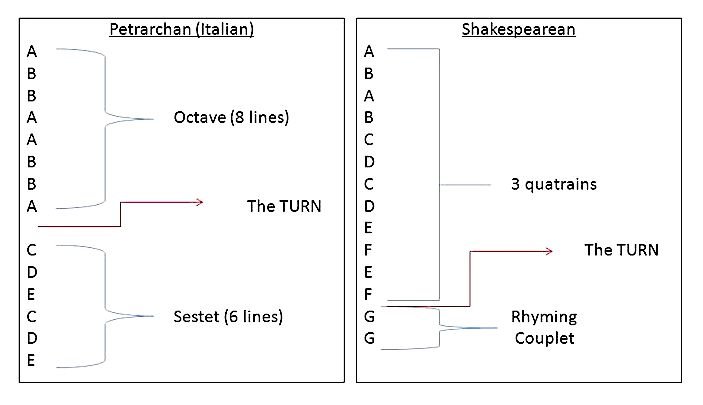Why are the Ukrainians fighting so hard against the Russians? Why do they fear being under Russian control so much? I'll answer with two words:
Oles Honchar.
Read Honchar's masterpiece, The Cathedral, and you might understand. Honchar wrote about Ukrainian life in the USSR and, with his sharp, journalistic eye for details, he was the perfect person for that task.
There's an atmosphere hanging over this novel -- like the haze over a factory -- of what life is like in a society in which the state controls everything. Any American with an evangelical bent who doesn't believe the U.S. should be involved in Ukraine's defense against Russia should check this book out. Here you have a portrait of what life is like in a world in which a proud people have had everything, including God, taken away from them.
What’s left behind?
In many ways, that’s the organizing idea behind this novel. Loss and absence—it’s everywhere. Set in the fictitious town of Zachiplianka in the Dnipropetrovsk region (which the Butcher of the Kremlin is ruthlessly shelling now), the town is dominated by an empty reminder of what’s been lost: an old cathedral now being used for grain storage.
The novel’s main character, Mykola Bahlay, is a poor poet in love with a peasant girl named Yelka who made some poor choices (involving a married guy) in another village and had to leave. Yelka’s got a lot on her mind—along with Bahlay, she’s being pursued by the engineer Volodmyr Loboda who, like any good Soviet, thinks the cathedral should be torn down and replaced with a building that’s more useful.
This novel is so many things — comedic, moving, bitter. The 1989 translation by Yuri Tkach and Leonid Rudnytzky still holds up now—the language feels fresh, timely, and probably faithful to the original.
Novel’s don’t need to be painted in a single color. That’s what Honchar teaches us. He uses a big palette to capture this town’s many moods, and here's something from the side with all the reds:
The cathedral is silent. In its presence Bahlay always feels a strange sadness, and even something alarming. The cathedral has something elemental about it, a primordial greatness, like the steppes or the Dnipro, or the black industrial bastions swaddled in eternal smoke. The cathedral's silent music -- the music of those cupolas rising harmoniously into the sky -- it really does exist. You can hear it, though others seem deaf to its sounds. Zachiplianka is not spiteful, yet it seems unable to forget what this cathedral, once the largest and most magnificent in the eparchy, stood for. Many minds were stupefied here by the fumes of the vigil candles, by the dissimulated sermons and the narcotic aroma of frankincense in the priest's swinging censers. Potbellied priests grew even fatter here, and the church wardens with bowl haircuts and oiled heads, jingled mountains of copper coins on plates, pilfered and made fortunes selling candles. With a single stroke, swindling contractors bought remission for their sins, while beggars died in the porticoes. And the unfortunate cripples who dragged themselves here from everywhere to be healed, awaiting a miracle, remained cripples. Candles burned, icons adorned by embroideries shone, and the choir filled the cathedral with paradisical sounds, singing heavenly, blessed songs to the people, who after the service were again cast out into the real, cruel world of extortion and want, the world of Belgian factory owners and sullen-faced "native" supervisors, into the world of wages and strikes, drinking bouts and bloody fights. But all this has passed, melting away with the smoke of frankincense, and there remains for the student only this perfected architectural creation, this symphony of art. Will they really demolish it?
Can you feel the anger and bitterness here? Or the contradictions? As much as the poor poet thinks scornfully about religion and how the holy church has failed them all, he still can’t help wanting to hold on to his heritage. He still values it. He still can’t help asking, plaintively, “will they really demolish it?”
It’s that grasp of the contradictions and ironies of being human that Honchar’s a master of—and a reason why this book still matters, why it should outlast all those books with the bright and shiny covers at your local Barnes and Noble. It still speaks to all of us—not just the Ukrainians—of the need to find meaning and hold onto it despite the efforts of others to take it away.
#freeukraine #putinisawarcriminal







